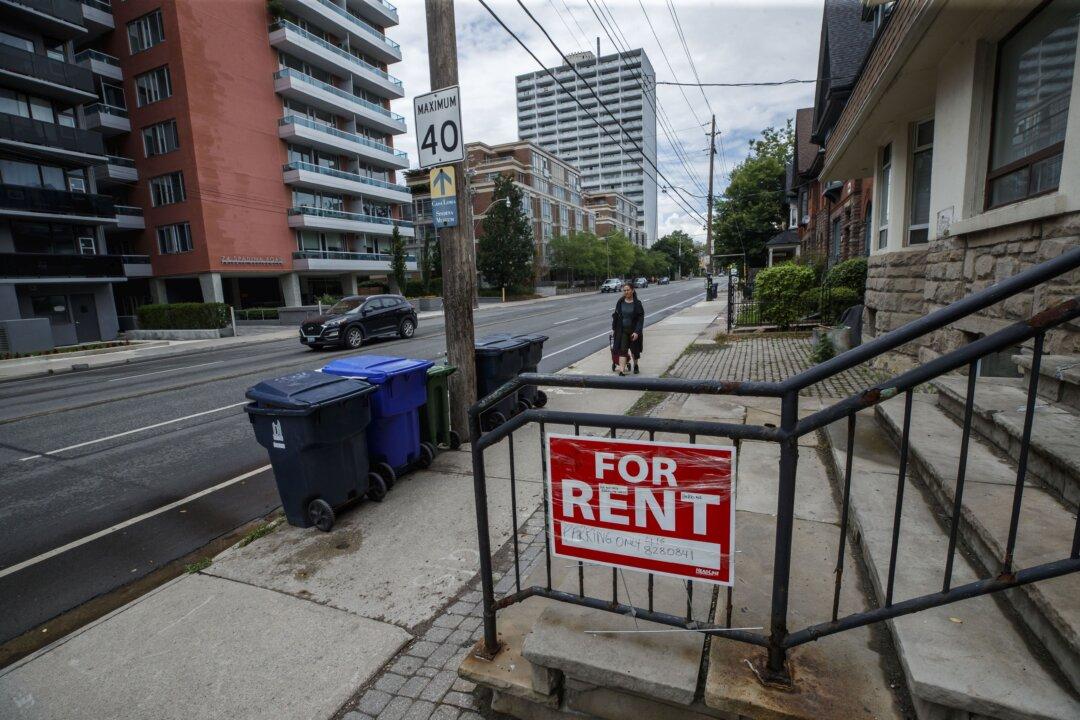Rising inflation and mortgage rates as well as a proliferation of addiction issues have compounded challenges for Canadian landlords. Many tenants, meanwhile, are struggling to come up with the rent each month in a time of economic hardship.
In Regina, Saskatchewan, Kim Besler said it’s so hard to find decent tenants, she accepts a small loss to keep a good one.





